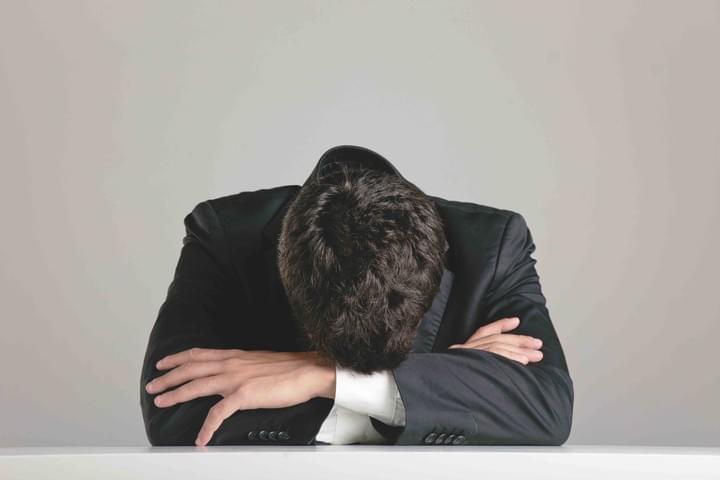
SLEEP
g
g
Sleep
Advice and regulation

Respect your own pace
Adapt your sleep duration to your needs
Identify sleep signals (yawning, itchy eyes, etc....)
Go to bed at the first warning signs of sleep

Physical activity
Régulière dans la journée
Preferably endurance: cycling, swimming, walking, running.
Moderate intensity and regular pace, out of competition. Ideally 4 to 8 hours before bedtime.

Keep your clock well set
Strengthen synchronizers
Regular sleep schedules: Go to bed and get up at regular times.
Meals at regular times.
Bright light in the morning, good exposure to daylight. Darkness in the evening and at night.

Bedroom environment
Sleep-friendly
Cool room 18-20°C, ventilated.
Silence, half-light, good bedding, bed reserved for sleeping, no television, work, meals.
No pets, phones and computers off

Food
Meals at regular times
Avoid stimulants (coffee, tea, cola, vitamin C, dark chocolate) after 4 p.m.
Prefer a balanced diet, Dinner to sleep well: light, high in carbohydrates, slow sugars during rest.

Relaxing evening activities
To be preferred
Reading, music, TV.
Learning to relax: sophrology, mindfulness meditation, hypnosis, autogenous training.
Adopt a positive attitude.
Learn more

Understand your cycle
The chronotype
To best tame sleep, it is important to know our habits, if we prefer to evolve more in the evening or in the morning.
It is interesting to know its chronotype because respecting its natural rhythm makes it possible to sleep better, to be in better shape and to better manage the jet lag!
According to the chronotype, there is an optimal moment for each thing.
Researchers Horne and Ostberg have developed a circadian typology questionnaire allowing everyone to determine their chronotype.

Understand your sleep
L'agenda du sommeil
Keeping a sleep calendar is a simple and easy exercise, but requires a little rigour to maximize its effectiveness.
The agenda filling up in the morning when you wake up. Care must be taken to be precise with regard to easily identifiable information such as the date, time to go to bed and get up, state of health on waking, activity the night before or possible medication taken.… It is also essential to keep this diary with you during the day, so that you can notice a state of sleepiness or a need for a nap.
Agenda to download from the website of the Sleep Foundation.

Understand your state of drowsiness
The Epworth Scale
Are you seriously affected by jet lag?
It may take several days to adjust to the new schedules because your biological clock is disrupted.
The Epworth Scale, which has 8 questions for which you should self-assess your sleepiness and give the probability of falling asleep depending on the situation.
The problem is serious if the score is higher than 10/24.
Do the test here.











